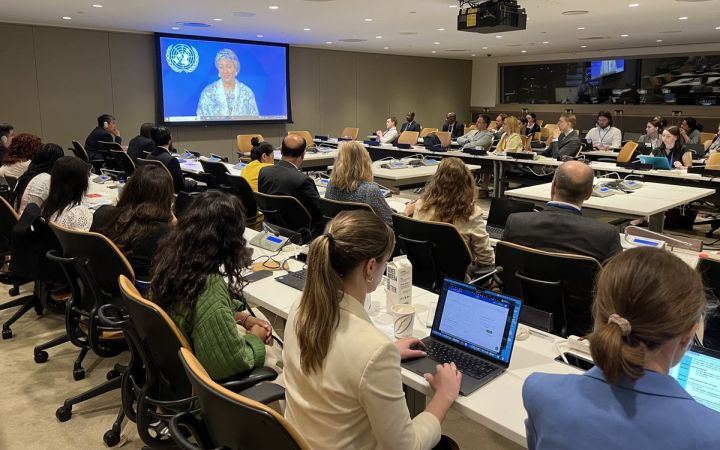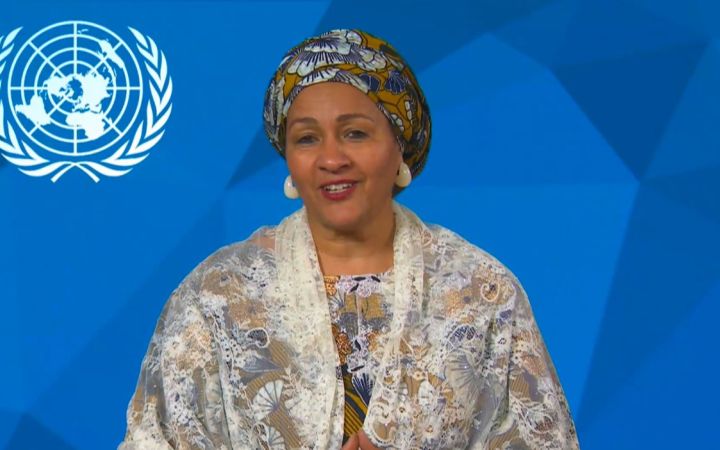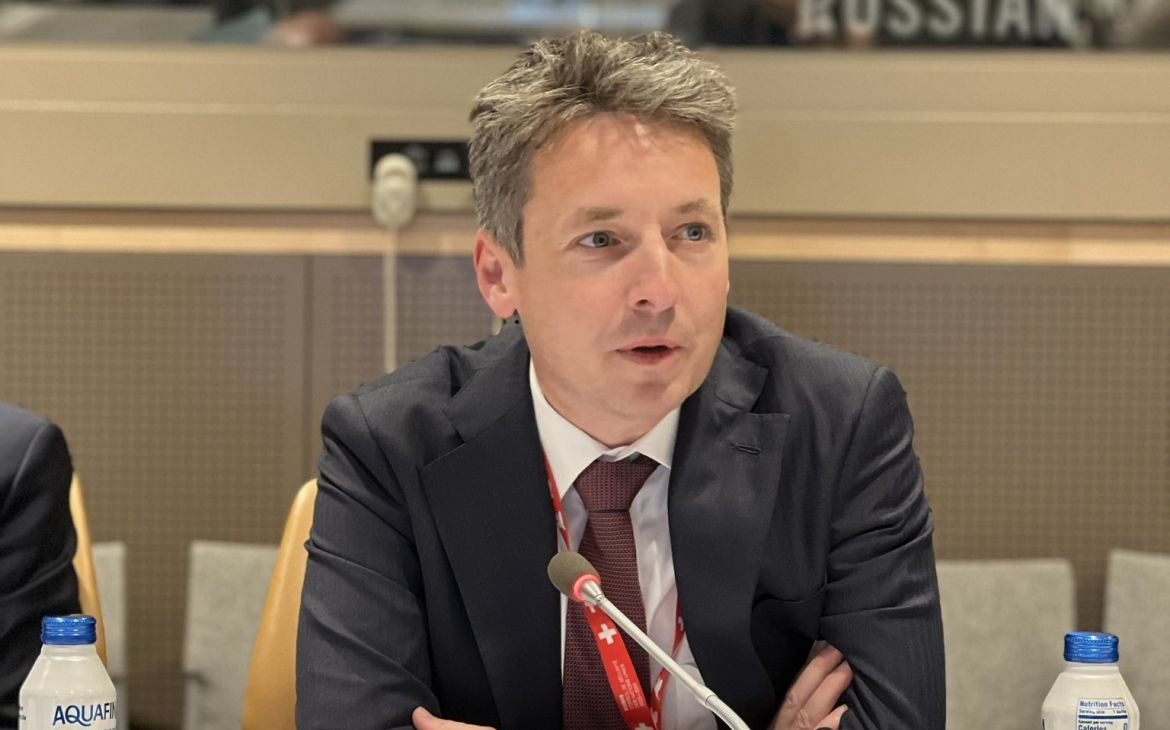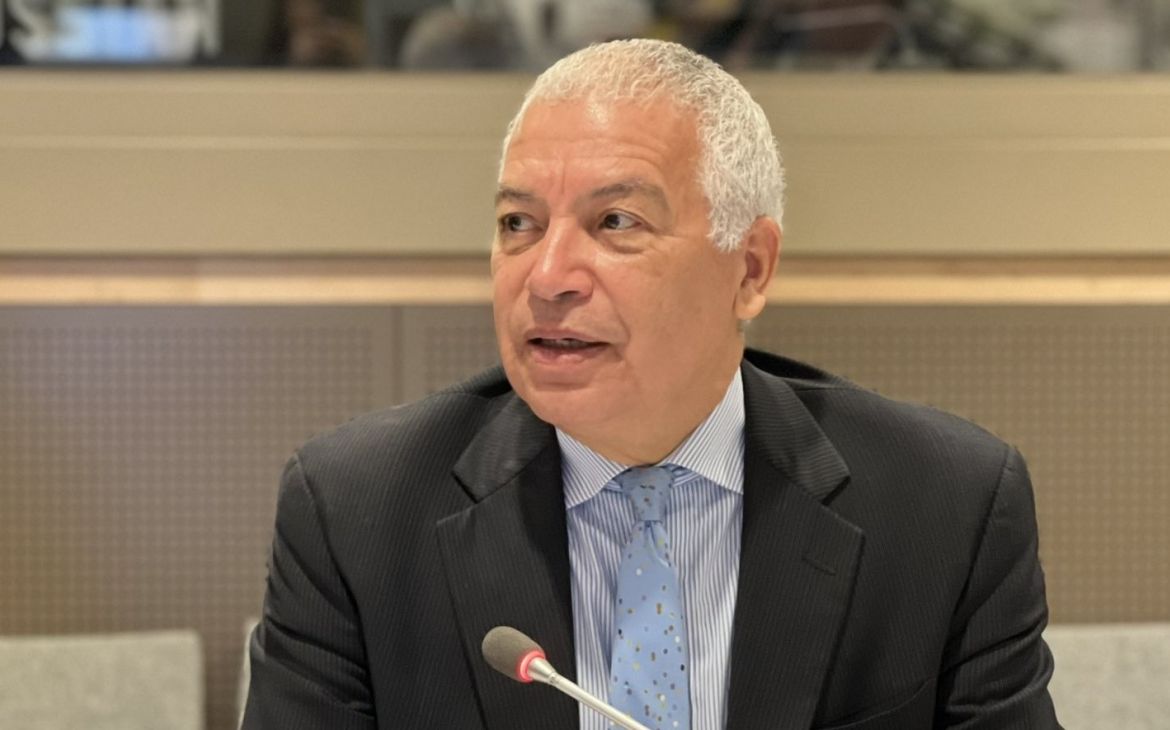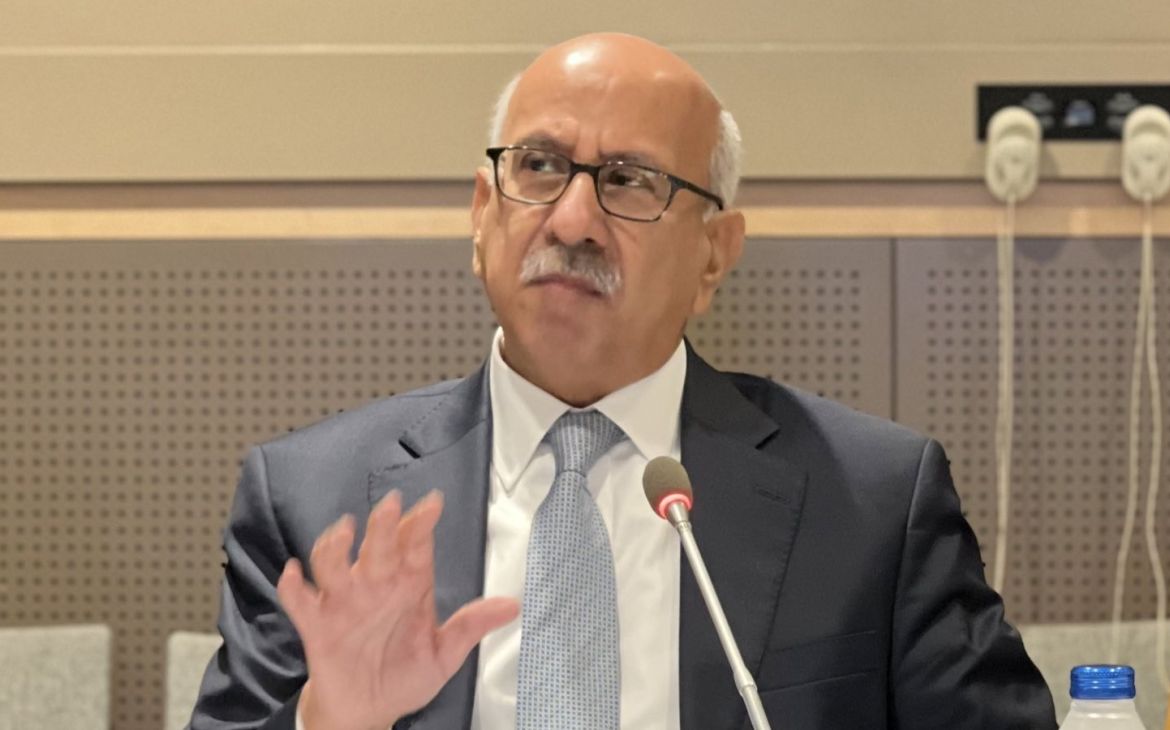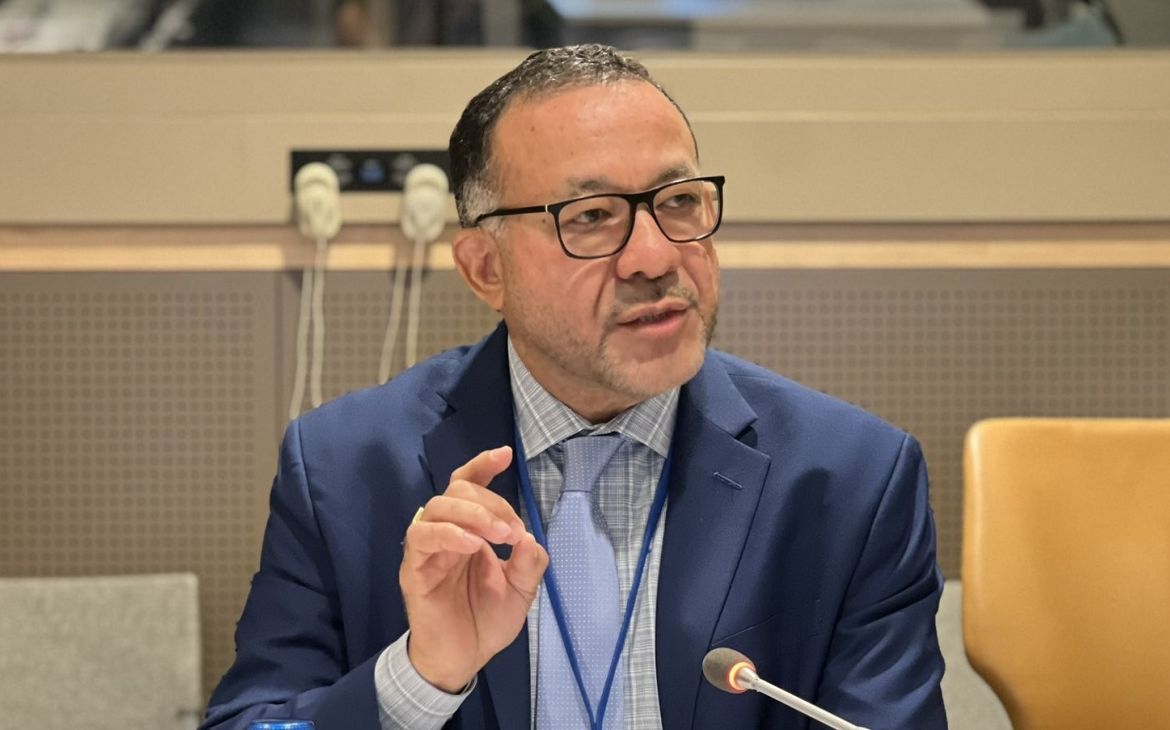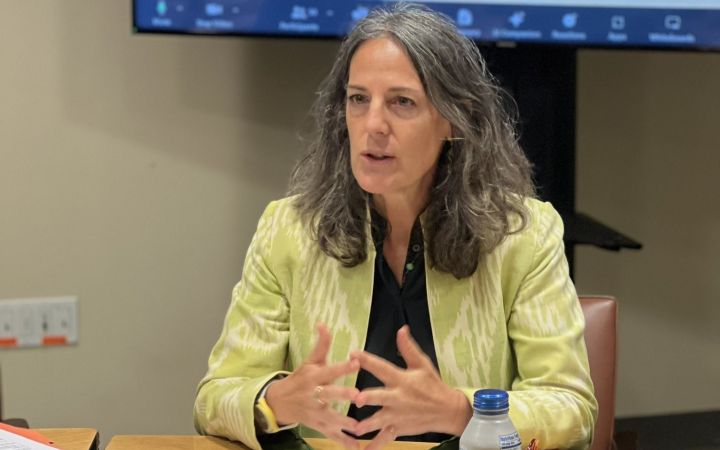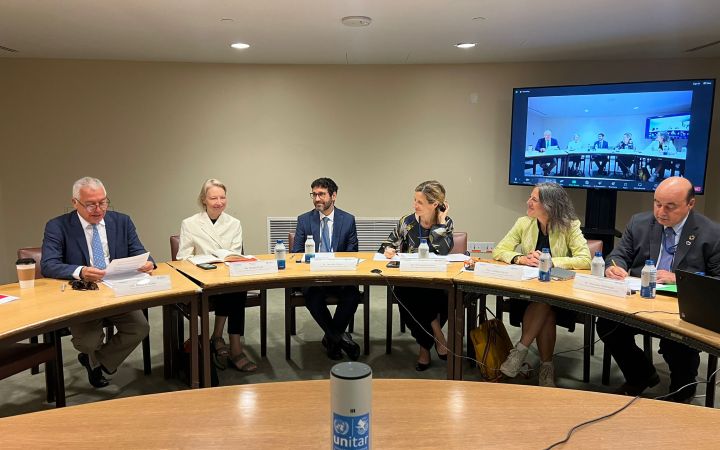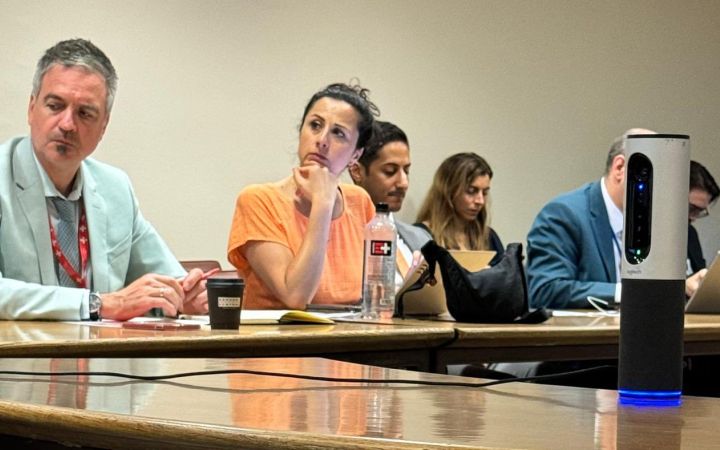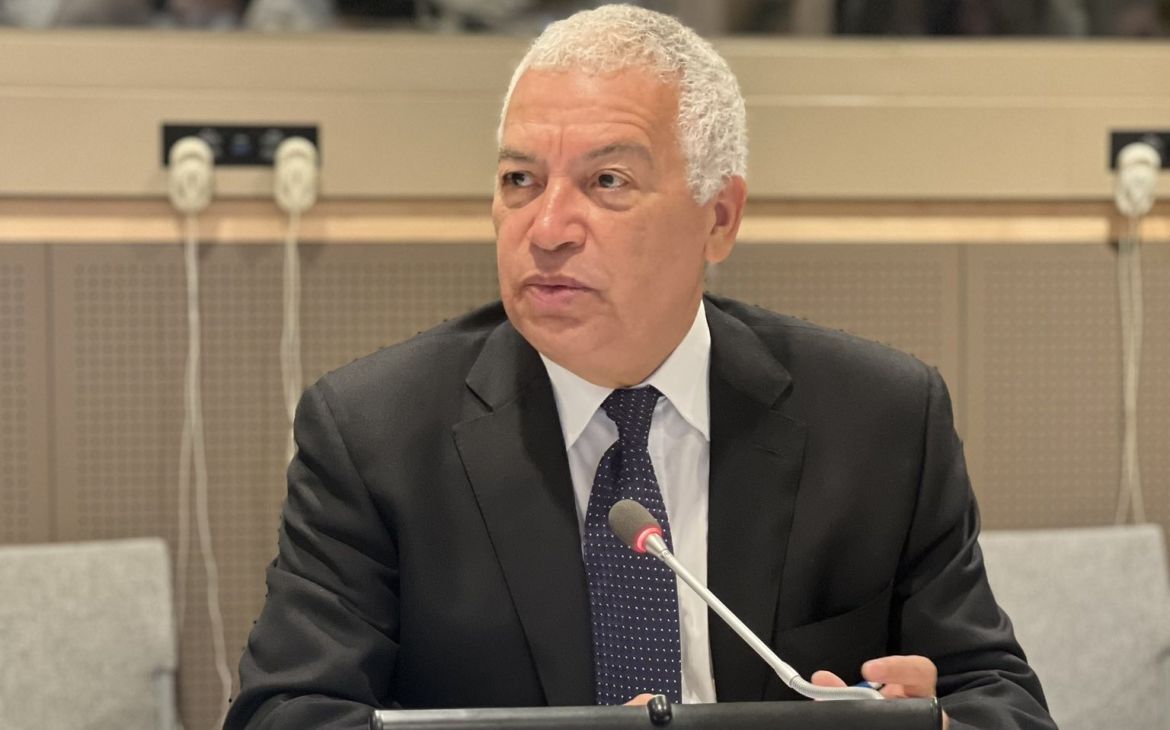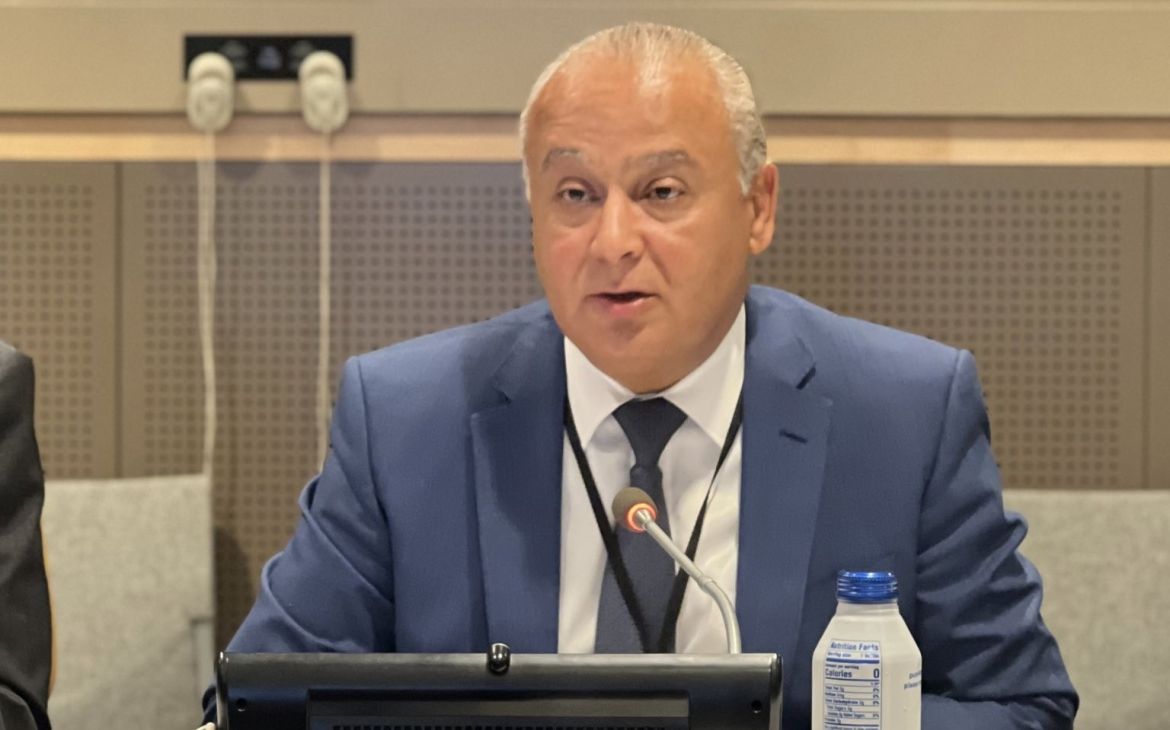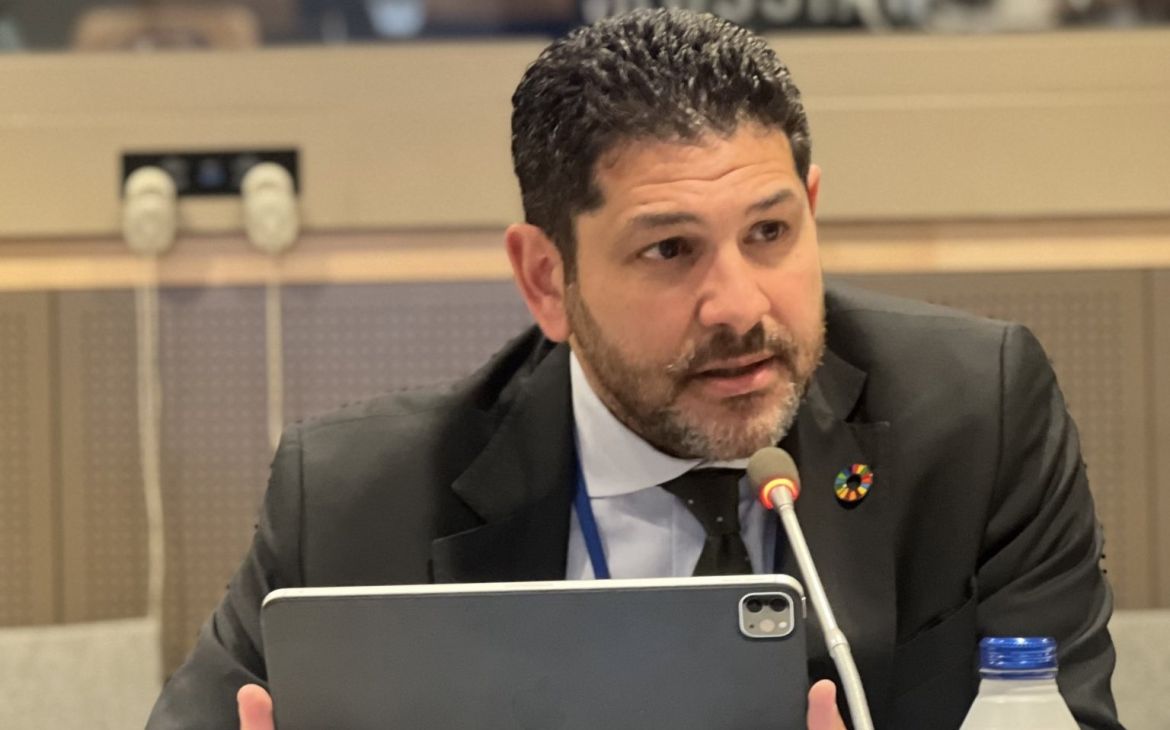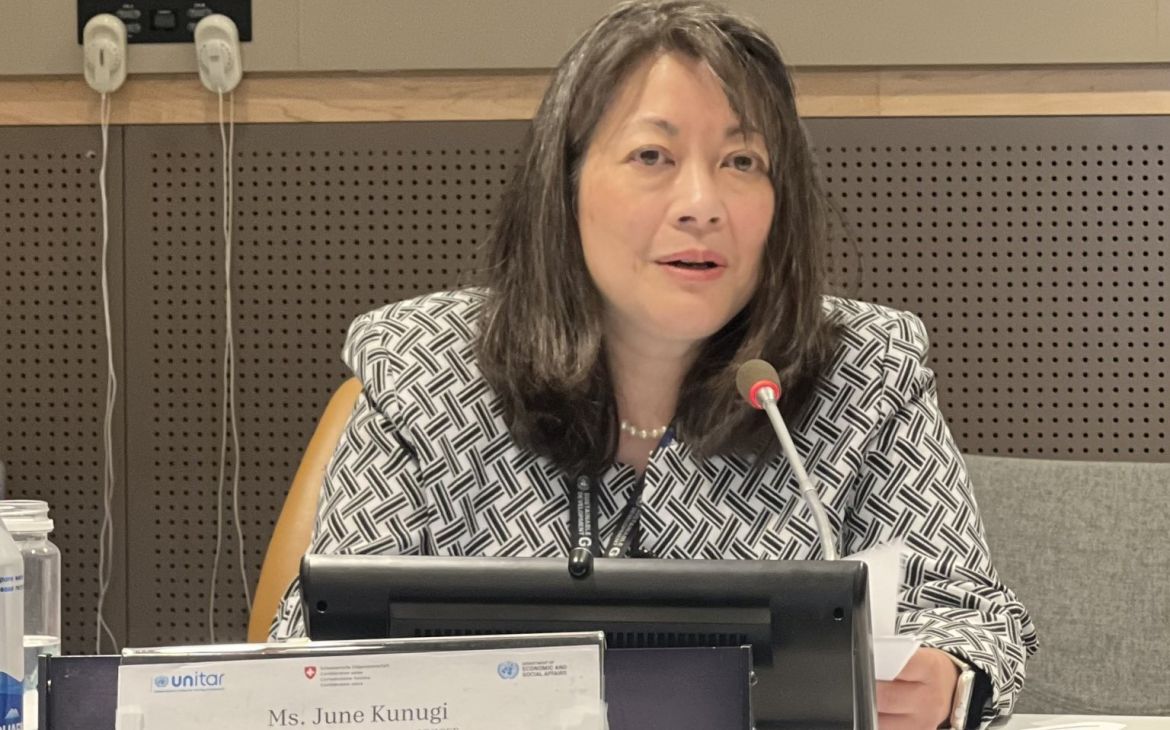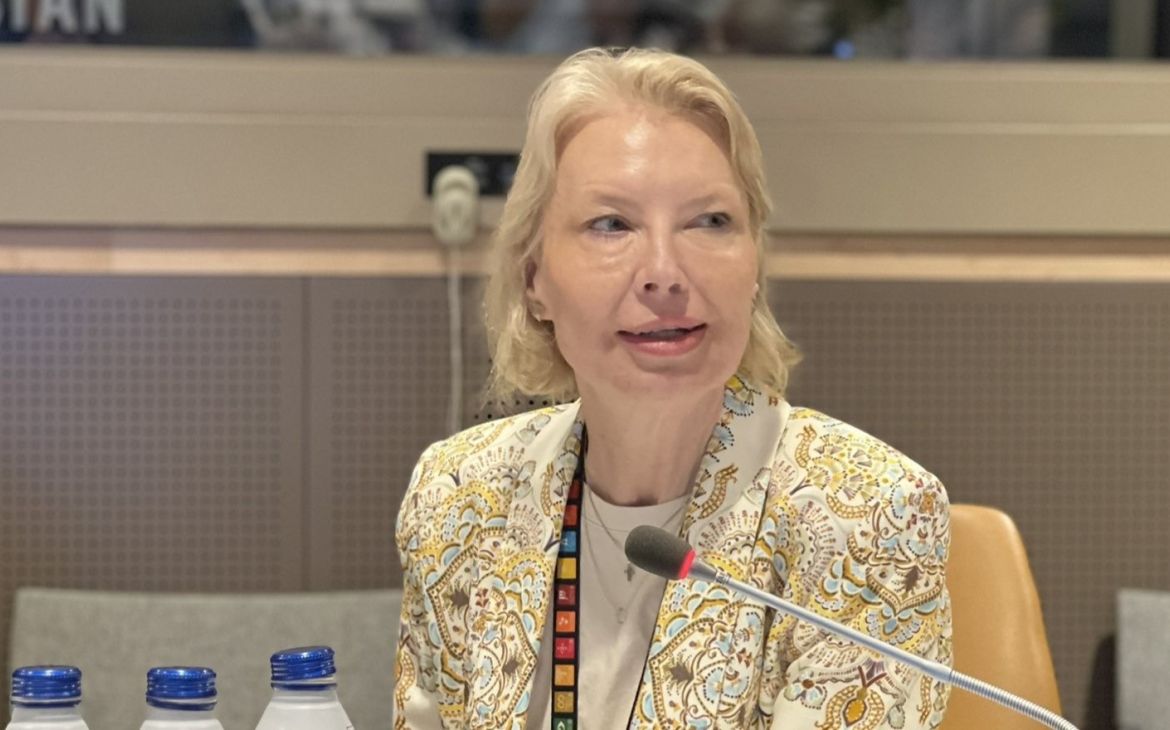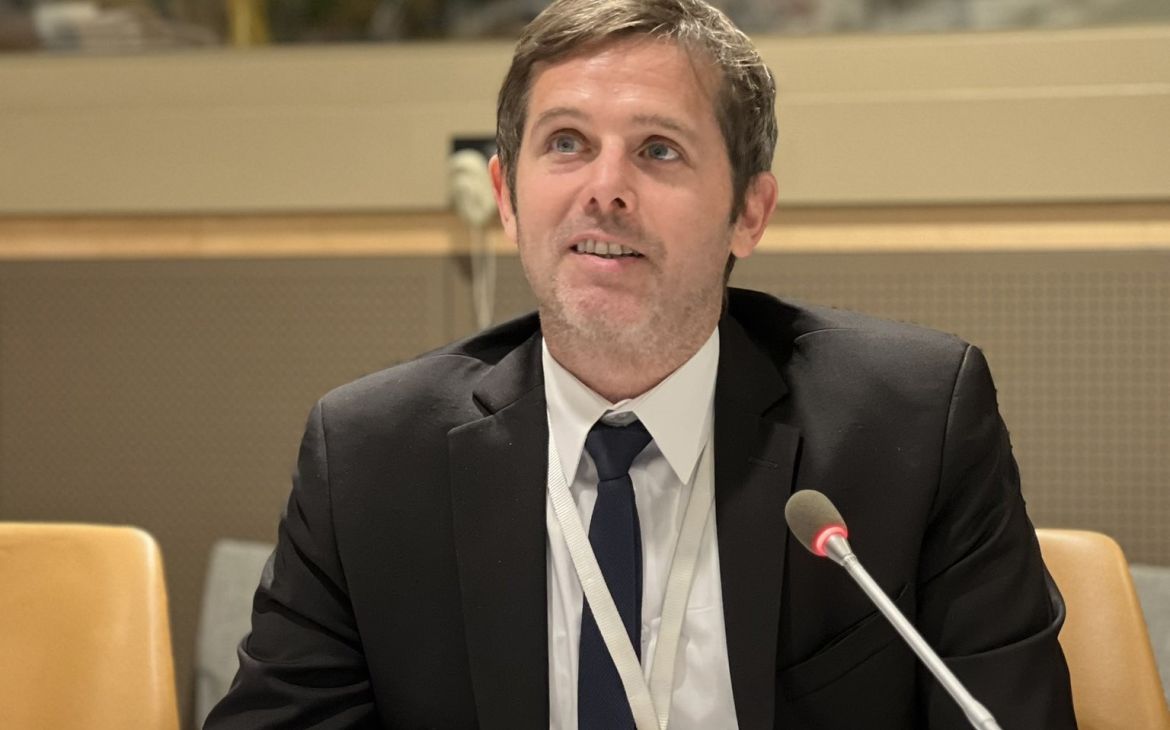08 August 2024, New York, United States - On 21 May - 20 June 2024 the 2024 Quadrennial Comprehensive Policy Review (QCPR) training series, organized by UNITAR, the Swiss Government, and UN DESA, commenced on May 21, 2024, at the United Nations Headquarters in New York. This series aims to prepare delegates for the General Assembly’s Quadrennial Comprehensive Policy Review of Operational Activities for Development of the United Nations System. Here, we highlight the first three modules of this comprehensive training series, detailing the objectives, key topics, and speakers involved.
Module 1: Navigating the Future: Context and Priorities for the QCPR
The first module, "Navigating the Future: Context and Priorities for the QCPR," occurred on May 21, 2024, at the United Nations Headquarters, Conference Room 11. This session aimed to introduce the QCPR of operational activities for development, focusing on the enhanced role of the resident coordinator system and the recently concluded repositioning exercise. The session provided an overview of changes made by the UN development system in the last QCPR cycle and discussed priority areas for the 2024 QCPR, including support for SDG acceleration through the implementation of the 2023 SDG Summit Political Declaration.
The session opened with remarks from H.E. Mr. Marco Suazo, Head of Office, UNITAR New York Office, and H.E. Mr. Adrian Hauri, Deputy Permanent Representative of Switzerland to the United Nations. A keynote address was delivered by video by H.E. Ms Amina J. Mohammed, Deputy Secretary-General of the United Nations and Chair of the United Nations Sustainable Development Group, highlighting the UN Development System’s efforts to scale up and target support for the SDGs. This was followed by a presentation on the evolution of QCPR by Mr Navid Hanif, Assistant Secretary-General for Economic Development, UN DESA.
A panel discussion on the priorities for the next QCPR to accelerate the SDGs featured Ms Åsa Persson, Research Director at the Stockholm Environment Institute; Ms. Helena Fraser, Director of, the Policy and Programming Branch, Development Coordination Office (DCO); and Mr. Arun Jacob, Senior Adviser, Climate Action Team, Executive Office of the Secretary-General (EOSG). The discussion was moderated by Mr. Neil Pierre, Director a.i., Office for Intergovernmental Support and Coordination for Sustainable Development, UN DESA. The module concluded with closing remarks by H.E. Mr. Marco Suazo.
Resource links for this module include the Module 1 Programme.
Module 2: Scaling up UNDS Support for Countries to Achieve the SDGs
The second module, "Scaling up UNDS Support for Countries to Achieve the SDGs," was held on June 13, 2024, at the United Nations Headquarters, Conference Room A. This module examined areas needing continued focus to maximize the benefits and impacts of the repositioned UN development system and the revitalized Resident Coordinator system. It highlighted the results of the reform measures in practice and discussed essential steps needed to accelerate progress towards achieving the SDGs in countries.
The session began with opening remarks by H.E. Mr. Marco Suazo. The first panel, focused on leveraging global, regional, and national assets to provide country-specific support to accelerate SDG implementation and leave no one behind, featured Mr Gonzalo Pizarro, Chief of Policy, Policy and Programme Branch, DCO; Ms. Maria Yera Ortiz De Urbina Rodriguez, Deputy Director, Regional Commissions, New York Office; and Ms. Isabella Marras, Senior Programme Management Officer, Interagency Affairs in the UNEP, New York Office. This panel was moderated by Mr Shantanu Mukherjee, Director, of the Economic Analysis and Policy Division, UN DESA.
The second panel, which discussed optimizing efficiency and impact through enhancing the UN Development System’s configurations, included Ms Sonja Leighton-Kone, Deputy Executive Director, UNOPS & Co-Chair, UNSDG Business Innovation Group; Mr Ian McFarlane, Director, Division for Communications and Strategic Partnerships, UNFPA; and Mr Stephen Jackson, Resident Coordinator in Kenya. This discussion was moderated by Ms. Helena Fraser, Director, Policy and Programming Branch, DCO. The session concluded with closing remarks by the moderator.
Resource links for this module include the Module 2 Programme.
Module 3: Funding UN Operational Activities for Development and Financing the SDGs
The third module, "Funding UN Operational Activities for Development and Financing the SDGs," took place on June 20, 2024, at the United Nations Headquarters, Conference Room 11. This module delved into critical aspects of funding for UN operational activities for development and financing the achievement of the SDGs. It covered insights and outcomes from the 2024 ECOSOC operational activities for the development segment and explored system-wide funding trends and the renewed Funding Compact.
The module opened with remarks from H.E. Mr. Marco Suazo. This was followed by highlights of the Chair’s summary by H.E. Mr Tarek Ladeb, ECOSOC Vice-President responsible for the 2024 operational activities for the development segment. Ms. Andrea Cook, Executive Director of the Sustainable Development Group System-Wide Evaluation Office, presented the newly established UN Sustainable Development Group System-Wide Evaluation Office.
The first panel discussion focused on the Funding Compact and system-wide trends in funding, featuring Mr Andrew Macpherson, Economic Affairs Officer, Operational Activities and Policy Branch, UN DESA; Ms Ilaria Carnevali, Executive Coordinator a.i., Multi-Partner Trust Fund, UNDP; and Ms June Kunugi, Director, Partnerships Division, UNICEF. The discussion was moderated by Mr. Walid Badawi, Deputy Director and Deputy Assistant Administrator, of UNDP.
The second-panel discussion addressed financing for sustainable development, with panellists Mr Oliver Schwank, Chief of Policy Analysis and Development, Financing for Sustainable Development Office, UN DESA; Mr George Gray Molina, Head of Inclusive Growth and Chief Economist, UNDP; and Ms Ingrid Macdonald, Resident Coordinator in Bosnia and Herzegovina. This session was moderated by Ms Birgitte Bryld, Chief of, the Operational Activities and Policy Branch, UN DESA. The module concluded with closing remarks by H.E. Mr. Marco Suazo.
Resource links for this module include the Module 3 Programme.
Conclusion
The initial three modules of the 2024 QCPR training series have set the stage for in-depth discussions and strategic planning to enhance the UN’s operational activities for development and accelerate progress towards the SDGs. With contributions from high-level UN officials and experts, these sessions provide critical insights and foster collaboration among international stakeholders. Participants are encouraged to utilize the resources provided to deepen their understanding and engagement in these pivotal areas.
This year’s training series is a continuation of UNITAR’s ongoing efforts to enhance the capabilities and knowledge of delegates. The progress observed since the last QCPR cycle underscores the importance of such training sessions in preparing for future challenges and opportunities. As the world continues to navigate complex global issues, the insights and strategies developed during these modules will be crucial in guiding the UN development system towards achieving its ambitious goals for sustainable development.
Join us for the 4th and final session on 02 October 2024, “Looking Forward to the 2024 QCPR.”


